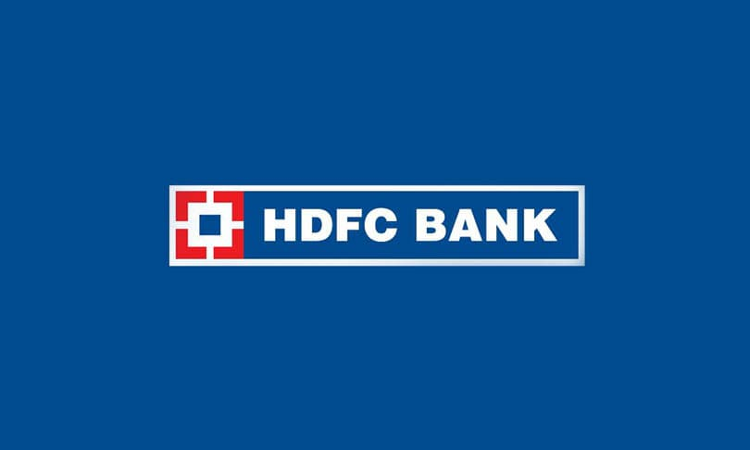Failure To Reverse Fraudulent Transactions, NCDRC Holds HDFC Bank Liable For Deficiency In Service
Smita Singh
30 Jan 2024 9:15 AM IST

Next Story
30 Jan 2024 9:15 AM IST
The National Consumer Disputes Redressal Commission (“NCDRC”), New Delhi bench led by Dr. Inder Jit Singh (Presiding Member) held HDFC Bank liable for deficiency in services for failing to provide security measures to the credit card issued to the Complainant which resulted in unauthorized transactions amounting to Rs. 24,000/-. The NCDRC set aside the respective orders of East...
